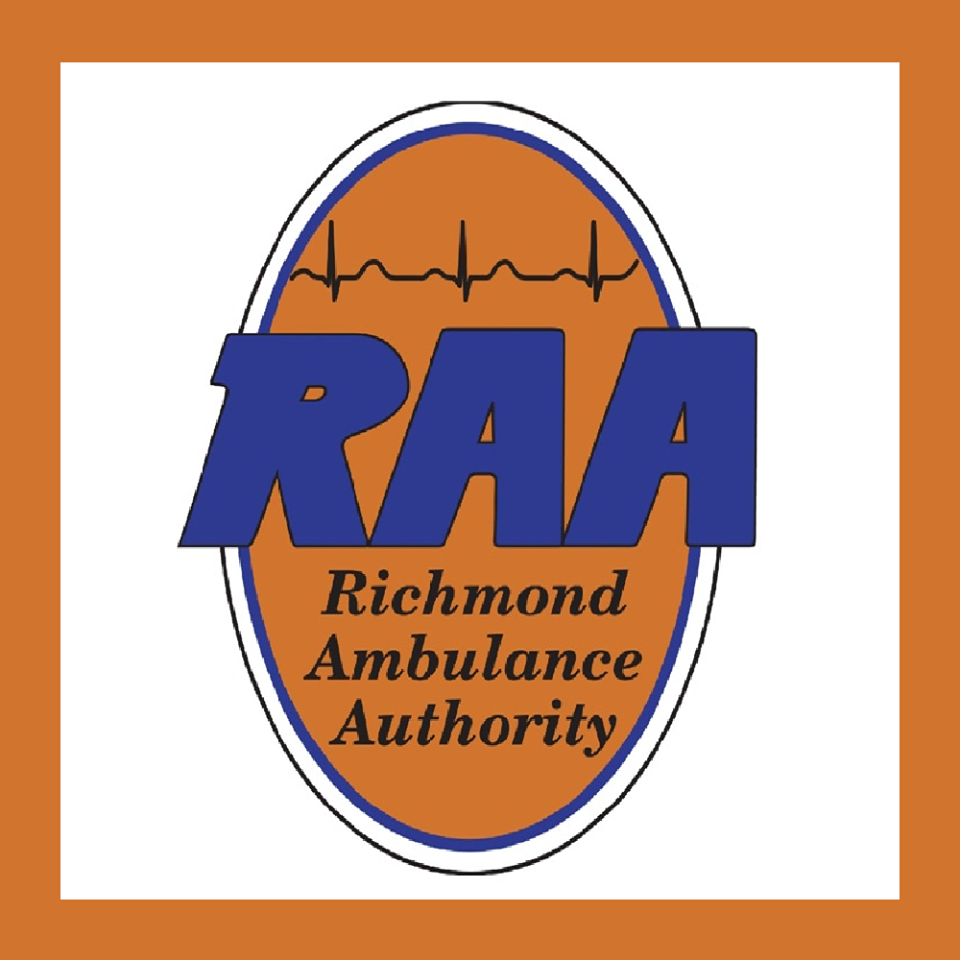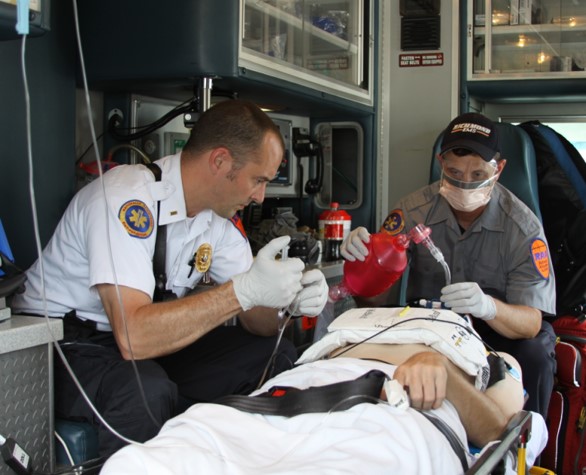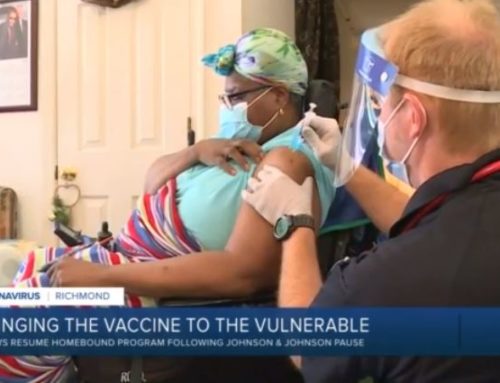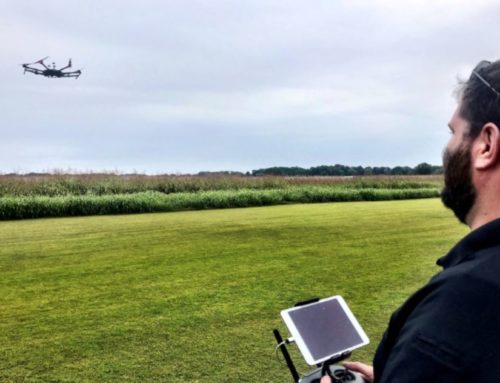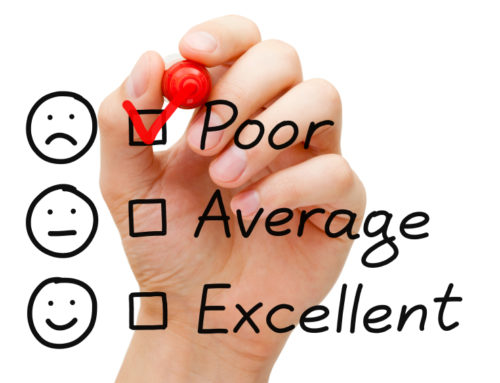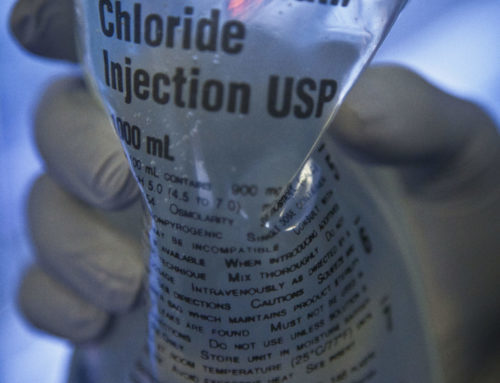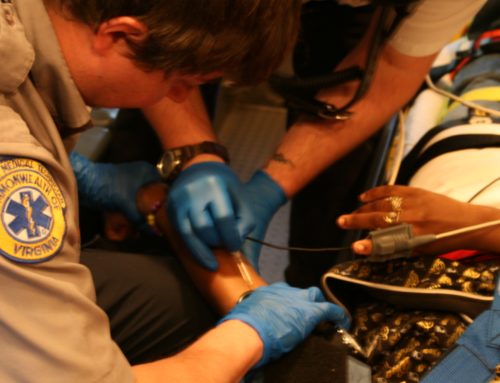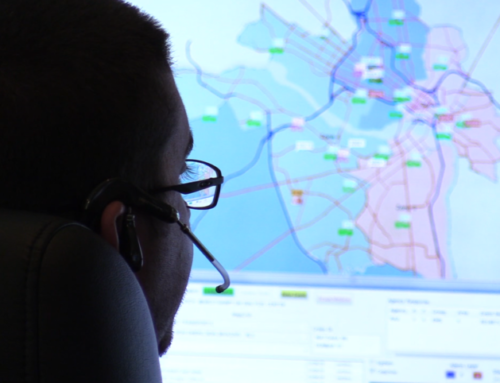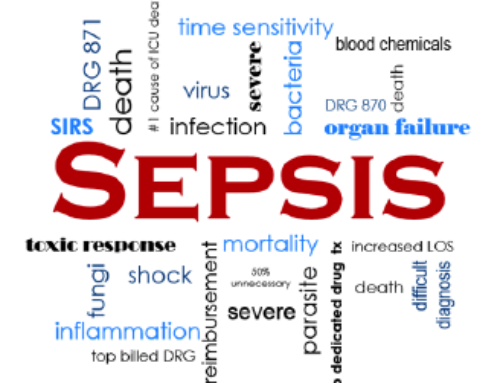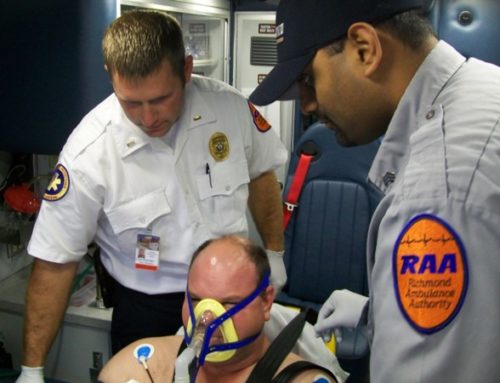As part of the Richmond Ambulance Authority Culture of Safety – personal readiness is integral to your success each and every day. Below is a description of the IMSAFE checklist designed to help you determine if common failure points are about to cause you to have a bad shift.
RAA – “IMSAFE”
The purpose of this quick checklist is to give each Field Operations employee an opportunity to evaluate their pre-shift personal readiness. Having a workforce prepared to face the challenges presented them in a High-Performance EMS system is essential to quality patient care and excellent clinical outcomes. Self-evaluation is part of the Culture of Safety RAA has worked hard to establish. Each employee is dependent upon others to be fit, both physically and mentally, mitigating any potential failure points. Failure points can have catastrophic consequences for you, coworkers, colleagues, and patients.
The following pneumonic is based on an Oklahoma University College of Continuing Education Department of Aviation developed pre-flight checklist. IMSAFE gives pilots a tool to determine their flight worthiness. As you know, many of the EMS Culture of Safety tools come from the aviation industry, Crew Resource Management for example.
Illness: Realizing and accepting you are too sick to work is a capacity many people ignore. Most employees are dependent upon every dollar earned for every hour worked and missing work is not a popular option. However, as our mission is to take care of the sick and injured, we need to do so without causing further harm through disease transmission. RAA encourages employees to maintain a paid-time off (PTO) balance sufficient enough to cover a routine illness callout. Coming to work sick is no longer considered a good idea. If you are too sick to work, especially if you have an ongoing fever, and may cause disease transmission to coworkers, colleagues, and patients – stay home. The Occupational Safety and Health Administration (OSHA) encourages employers to send home those individuals deemed too sick to effectively carry out their job tasks or risk spreading disease.
Medications: When a physician wants to prescribe a new medication for you, take the time to discuss what side-effects may occur and if this medicine will interfere with your job performance. Impaired abilities while operating an ambulance or providing patient-care may lead to catastrophic consequences. Discuss any and all prescribed medications with your physician for potential drug interactions. Keep a copy of the prescription for your records in case of drug testing completed in accordance with the RAA Handbook and Human Resource policies. Take all over-the-counter (OTC) medications as listed on packaging instructions. Again, be mindful of potential side effects and consult your physician if you have questions on drug interactions with any other medications you may be taking.
Stress: Emergency medical services is an inherently stressful operation. There is little to no difference based on if one participates as a volunteer or career provider. The public does not dial 911 because they are having a great day. Your service is needed during their crisis situation. EMS providers need to have a healthy, patent, and reliable method to relieve personal stress. Using off duty time to recover and rejuvenate from a previous shift aids in the provider’s ability to provide the clinically excellent patient care the citizens deserve. Everyone has stressors in their private life – financial, children, family, illness, and the list goes on. Finding a way to cope with them is important. RAA maintains an Employee Assistance Plan through the Human Resources Department. Please seek information from the HR team should you need it. For work related stress RAA has a complement of methods to help you through mentally challenging situations. Peer Support, Critical Incident Stress Management (CISM), and ASIST (Applied Suicide Intervention Skills Training), Critical Incident Management (CIT) are just a few of the programs in which RAA employees are trained. There are also national programs such as the Firefighters Behavioral Health Alliance (who also serves the EMS community) who may be able to help you in a time of mental health crisis. There is a terrible stigma about those in public safety who need to ask for help as being weak. This is NOT the case. Please ask for help. RAA’s Culture of Safety is designed to assist the employee not just physically, but mentally as well.
Alcohol: Responsible consumption is hard to define in a broad based one size fits all statement. However, there are specific Human Resource policy rules related to working impaired. As with medications, being impaired any amount can have serious consequences. Please enjoy alcohol during times when you will not be operating a vehicle or at work for more than 24 hours. There are studies showing varying degrees of impairment even after 24 hours since consumption. Again – we ultimately refer to the HR policy; however, good common sense also must have a place in solid decision making.
Fatigue: There is no surprise a person who is well rested does a better job completing tasks. Clear decision making should not be hampered by fatigue. Getting enough quality sleep is essential to being healthy. Your body needs time to heal, reset, and rejuvenate from the hard work you put it through in EMS. Some people claim they can survive on just a few hours of sleep and be fine while others require longer slumber periods. Your body will ultimately tell you when enough is enough and make you rest. The goal is for this not to occur while operating a vehicle or taking care of a patient. Plan off duty activities, work schedule, and healthy sleep habits accordingly. RAA requires 8 hours of off the clock time each 24 hours. You will not be able to sign up for shifts if this is not met. This requirement includes on clock continuing education.
Eating: Just like the ambulances need fuel and equipment needs batteries your body needs energy too. Taking the time to eat healthy while on-duty is not usually possible. Many times you may be lucky to grab a quick snack in an EMS room at the hospital or a quick bite from a fast food establishment or convenience store. While off duty take the time to give your body the proper fuel it needs. A good diet helps in so many ways. Take the time to give your body the fuel it needs to help heal and get ready for your next shift. If you know you are going to need food during your shift then plan ahead and pack snacks or meals to keep with you on the ambulance. Just remember not to consume them while in the patient compartment.
**Adopted from the Oklahoma University College of Continuing Education, Department of Aviation on 01/25/2017**
Thank you for taking the time to consider these factors as you get ready for work each shift.
Bryan S. McRay
Safety and Risk Management Director
